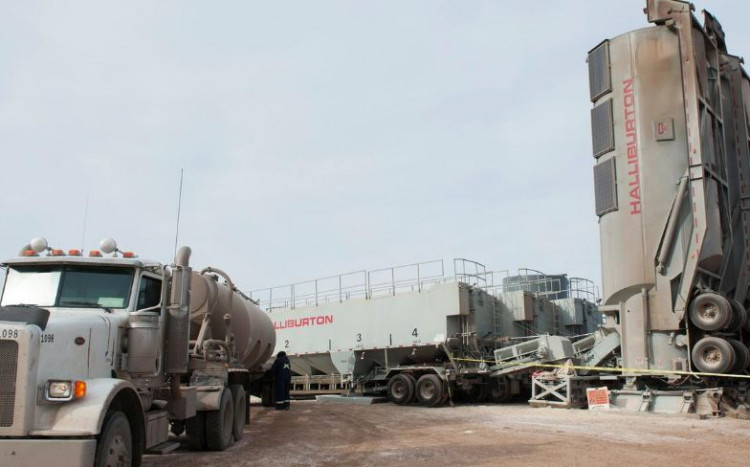Should he win a second term as president in November 2020, Donald Trump will aim to transform the U.S. into the dominant energy producer in the world without regard to the consequences this will have on other oil-producing countries.
This chilling future forecast was revealed by the deputy secretary of the U.S. Department of Energy Dan Brouillette at the World Energy Congress (WEC) in Abu Dhabi being held from Sept. 9 to 12.
WEC is the world's largest and most influential energy event. It covers all aspects of the energy agenda. Held every three years, WEC is a platform for energy leaders and experts in the sector to address the challenges and opportunities facing suppliers and energy consumers.
Over the last decade, the U.S. has more than doubled oil production to 15.0 million barrels per day in 2018. It's now the world's largest oil producer supplanting Saudi Arabia, which produced 12 million bpd.
The other top oil producers in 2018 are Russia, Iraq, Iran, and China (2.8 million bpd). The world produced 80 million bpd in 2018.
The extraction of shale oil using the controversial technology called fracking is mainly responsible for America's rise to the top oil superpower supplanting Saudi Arabia.
The Trump administration looks poised to flood world oil markets with cheap American crude. This development will increase the downward pressure on prices at a time when there is still too much supply in world oil pipelines.
At-risk from the U.S. moves to gain oil dominance will be Saudi Arabia and most of the other states that comprise OPEC, which has been a traditional U.S. ally.
Despite the decades-old allegiance between OPEC and the U.S., Trump is apparently willing to crush the OPEC economies to make the U.S. the undisputed king of world oil. Brouilette confirmed as much at WEC.
"Our energy policy is not designed to affect price, that's not we do for a living. And yet it does because of our production numbers," said Brouillette.
"The president has an 'all of the above' strategy. He talks often about energy dominance and the world often asks: what does that mean? It just simply means that we are going to produce as much energy as we can, as cleanly as we can and as affordably as we can."
"And whatever happens to the world price of oil, whatever happens to the world price of whatever, electricity, it doesn't really matter, then so be it," said Brouillette to a stunned audience.
Monthly U.S. crude oil production reached 10.07 million bpd in November 2017, the highest monthly level of in U.S. history. In early 2018, the U.S. government forecast the country will become a net oil and gas exporter by 2022, the first time since 1953.





